Extra Curricular
by Holly Willis
-
 Building Better Entertainment: SCI-Arc’s MA in Fiction and Entertainment
Building Better Entertainment: SCI-Arc’s MA in Fiction and Entertainment
Liam Young is an architect, but rather than building skyscrapers or designing public squares, he makes movies. “I call myself an architect, but I solely work in the spaces of fiction and film,” he says from his studio in London. Indeed, his entire practice is devoted to interrogating the increasingly blurred boundaries among film, fiction, design and storytelling with the goal of imagining our future. Using speculative design and the conjuring of imaginary cities that are assembled from the physical world around us, he opens up conversations querying urban existence, asking provocative questions about the roles of both architecture and… Read more
-
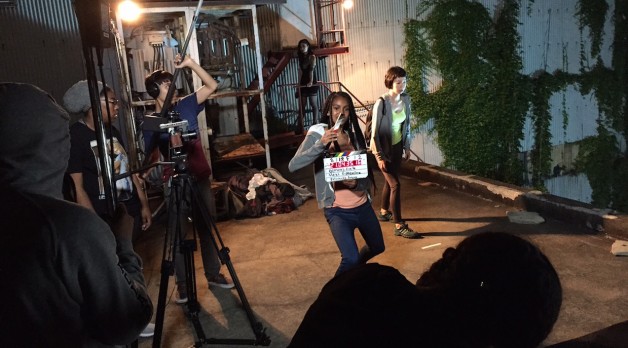 Investing in Change: The Ghetto Film School
Investing in Change: The Ghetto Film School
Just after the Oscar nominations in 2015, Derrick Cameron wrote a guest column in The Hollywood Reporter titled “How to Fix the Oscars: Take a Cue from the Sports World and Fix the Talent Pool” in which he argued that “we have not invested in developing new voices in American cinema, particularly from communities that reflect our various cultures.” In contrast, Cameron and a team of other passionate educators have worked for more than a decade to make precisely that investment. They are the team responsible for Ghetto Film School. Founded in 2000 by Joe Hall in the South Bronx,… Read more
-
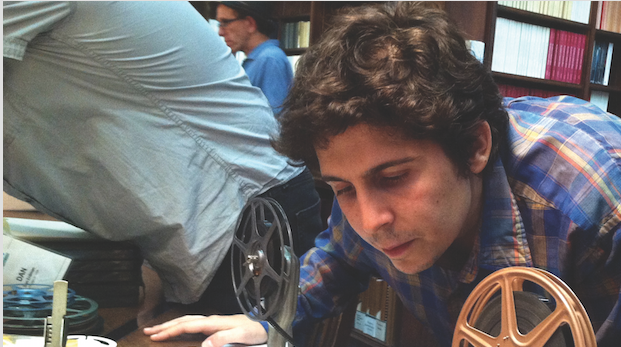 To Protect and Preserve
To Protect and Preserve
How’s this for the elements of an amazing education: an internship at the studio of David Byrne, independent study with experimental filmmaker Jem Cohen and a thesis project dedicated to assessing and organizing all of the videos documenting the live shows of the band Fugazi? The education then results in a freelance gig organizing Sonic Youth’s archive, which eventually leads to a position as a media conservator at the Museum of Modern Art, where, on any given day, you might be reviewing the museum’s video collection or prepping for an expansive survey of the incredible work of Bruce Conner. This… Read more
-
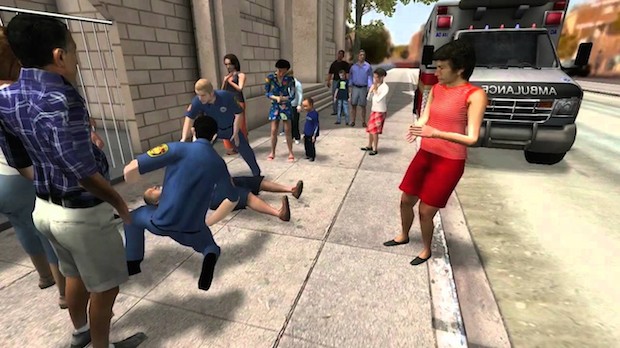 Teaching Virtual Reality
Teaching Virtual Reality
Last year’s New Frontier section of the Sundance Film Festival included 11 virtual reality projects, helping sanction a technology that, like 3-D, has come and gone several times in the past but suddenly seems to be everywhere. Filmmakers, game designers, media artists and storytellers of all kinds are exploring a new language of story experience, while culturally, pundits are pondering the benefits, and problems, of VR, as evidenced in Maria Konnikova’s “Virtual Reality Gets Real” piece in the October 2015 issue of The Atlantic. Last April, The New York Times Magazine took things a step further with a cover for… Read more
-
 Shifting the Gaze
Shifting the Gaze
Patricia White, a scholar of feminist film and professor in the Film and Media Studies program at Swarthmore College, recently published a book titled Women’s Cinema, World Cinema: Projecting Contemporary Feminisms (Duke University Press, 2015). The book explores the work of women directors globally, arguing that not only are many of these directors shaping a 21st-century arthouse aesthetic, but also that they are transforming film politics and projecting “a transnational feminist social vision.” The book invites us to rethink both women’s cinema and world cinema and uses the notion of projection as a “vision of futurity.” Writing in the introduction,… Read more
-
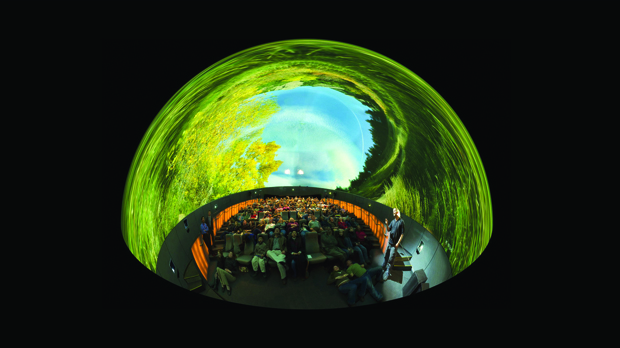 Teaching Immersion and Stereoscopy
Teaching Immersion and Stereoscopy
The profusion of virtual reality projects showcased at the 2015 Sundance Film Festival is a testament to the fact that the tools and techniques for cinematic storytelling are expanding. Film schools are adapting, often quickly creating new courses that attempt to help students navigate this new frontier. My colleague Eric Hanson, for example, now teaches a course in University of Southern California’s School of Cinematic Arts called “Experiments in Immersive Design.” The course was originally designed to help students understand the history, theory and practice of three-dimensional filmmaking. But under Hanson it has shifted more to incorporate his background and… Read more
-
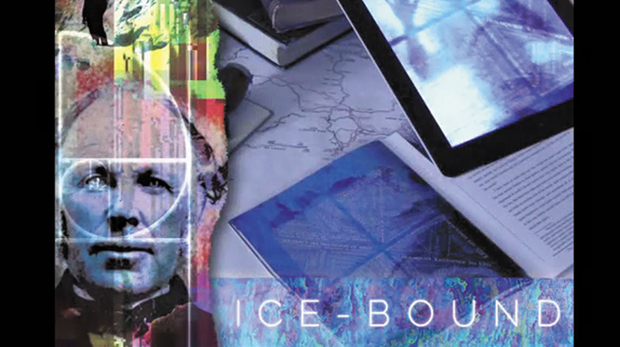 Computational Storytelling
Computational Storytelling
In October 2014, the University of California, Santa Cruz announced a new Department of Computational Media. Described as the first of its kind and housed in the university’s Baskin School of Engineering, the department is designed to create a truly interdisciplinary home for new directions in computation as an expressive form by uniting the humanities’ concerns and methods with those of computer science. The department builds on the existing game design and computer science programs, as well as on the work of faculty members, research groups and graduate students who, over the last decade, have explored the computational processes of… Read more
-
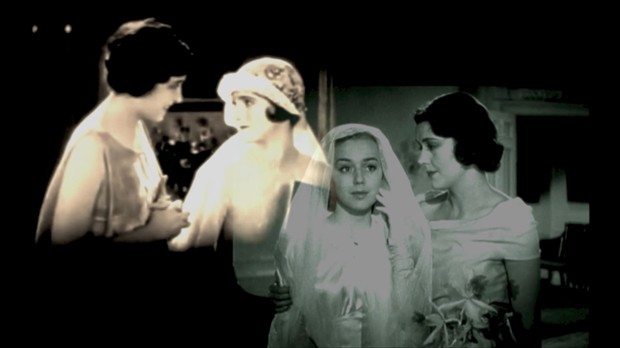 Film Studies for the 21st Century
Film Studies for the 21st Century
In 2008, film scholar Catherine Grant started a blog titled Film Studies for Free as a venue for collecting and sharing links to interesting examples of film and media scholarship available online. Between university positions, she was unsettled by the thought of losing her faculty privileges — such as access to the library — and wanted to stay connected with academia. By launching the site, she quickly discovered a burgeoning community of other scholars in the blogosphere, as well as a readership that expanded beyond the university. “I guess I didn’t really understand how it would take off,” she says… Read more
-
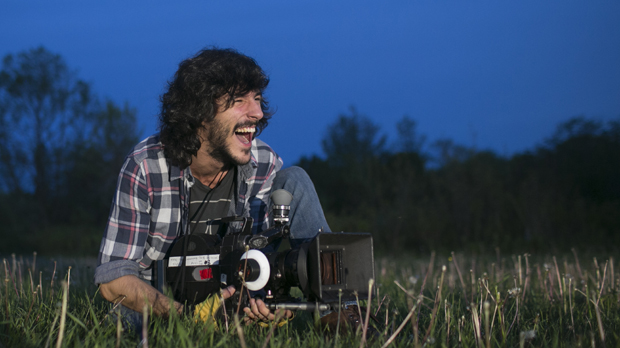 Maine Course
Maine Course
Ready for a big change, back in 1997, I packed up my L.A. apartment, loaded the cat into a pet carrier and hopped on a flight to the East Coast. It was May, and I was joining the team at the Maine Photographic Workshops for the summer to help edit a new publication devoted to toy camera photography. The Workshops were a major advocate of the Diana and the Holga, cheap plastic cameras used by amateurs and pros alike to create unpredictable, often stunning, black-and-white photos. In the tiny plane between Boston and Portland, I tried to ignore my BlackBerry’s… Read more
-
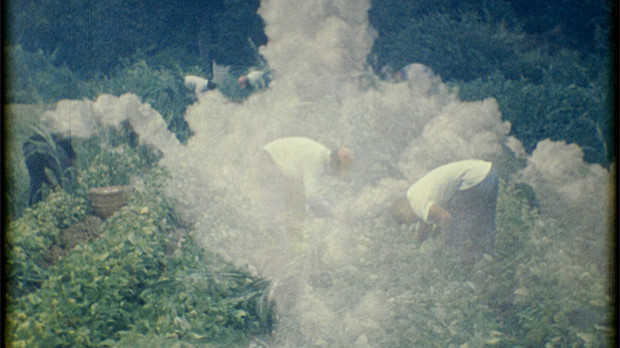 Medium Matters
Medium Matters
At the annual Society for Cinema and Media Studies (SCMS) conference, held in late March in Seattle, many of the conversations and panel discussions revolved around the disciplinary status of cinema, film, media, and screen studies. The cluster of terms jostling for territory in the conference’s program guide points to the crisis of identity sparked by the sweeping expansion of digital media, the emergence of the digital humanities, and the waning of actual film materials – 16mm film stock, film cameras, film editing systems – in “film” schools. “Film has died,” asserts the New School’s McKenzie Wark. “It’s decomposing. But… Read more
